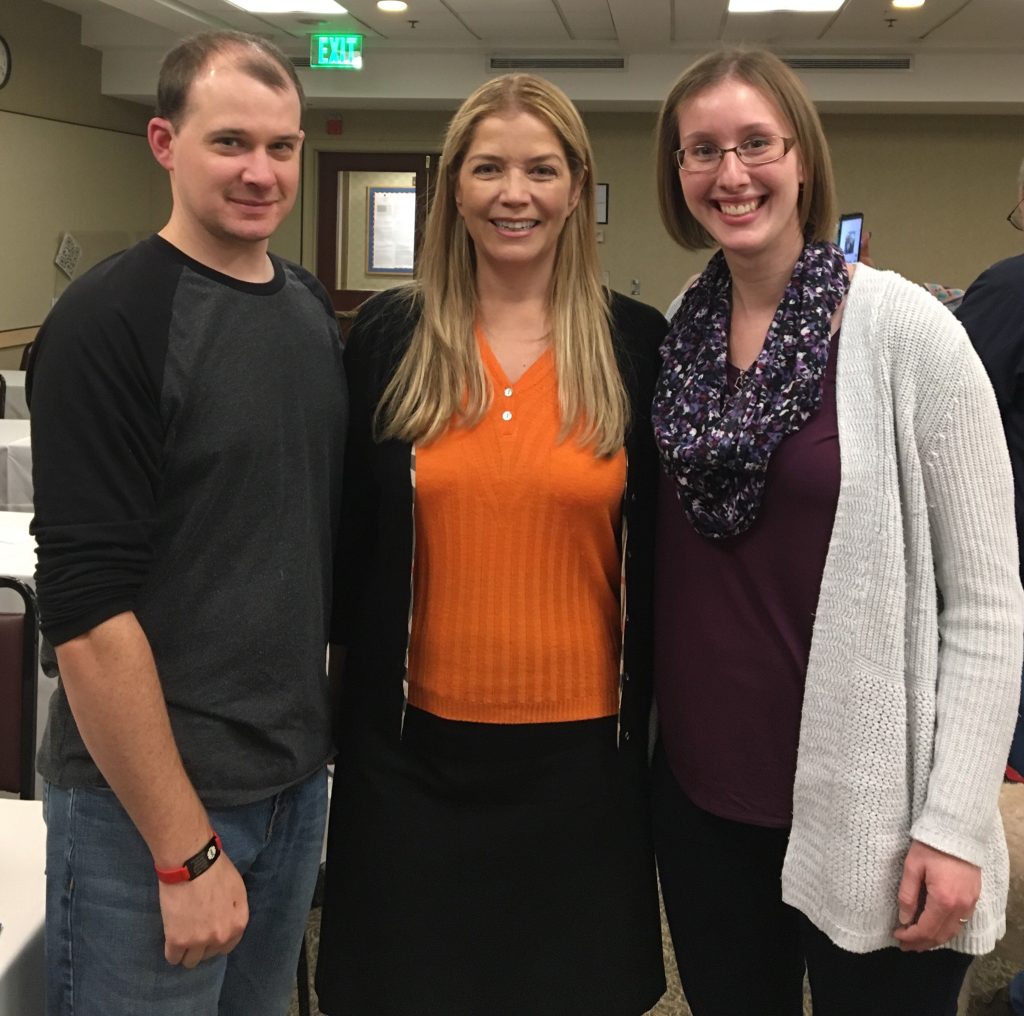Recommendations for summer reading: a variety of choices about and by persons living with Psychogenic non-epileptic seizures (PNES)
Psychoeducation: refers to some form of intervention (lecture, support group meeting or published materials) that aims to educate the audience members/readers about a specific health condition, provides coping suggestions and informs about treatment options. Usually, psychoeducation is provided by health professionals but not necessarily; patients who have educated themselves about their health issues can prove …



